Municipal waste management is a critical component of urban infrastructure, ensuring the safe and efficient processing of the vast amounts of waste generated by cities and towns. As populations grow and urbanization intensifies, the challenge of managing municipal solid waste (MSW) becomes increasingly complex. Among the various technologies employed in waste management, trommel screens stand out as an essential tool for separating and processing different types of waste. This article explores the significance of trommel screens in municipal waste management, their working principles, advantages, and the challenges associated with their use.
Understanding Trommel Screens
A trommel screen, also known as a rotary screen, is a mechanical screening machine used to separate materials by size. It consists of a cylindrical drum with perforations or mesh that allow smaller materials to pass through while retaining larger items. The drum rotates, and as the waste moves through it, materials are sorted according to size.
Trommel screens are commonly used in the waste management industry for the initial separation of waste streams, which is a crucial step in the recycling and disposal process. The ability of trommel screens to handle a wide variety of materials makes them an indispensable component of municipal waste processing facilities.
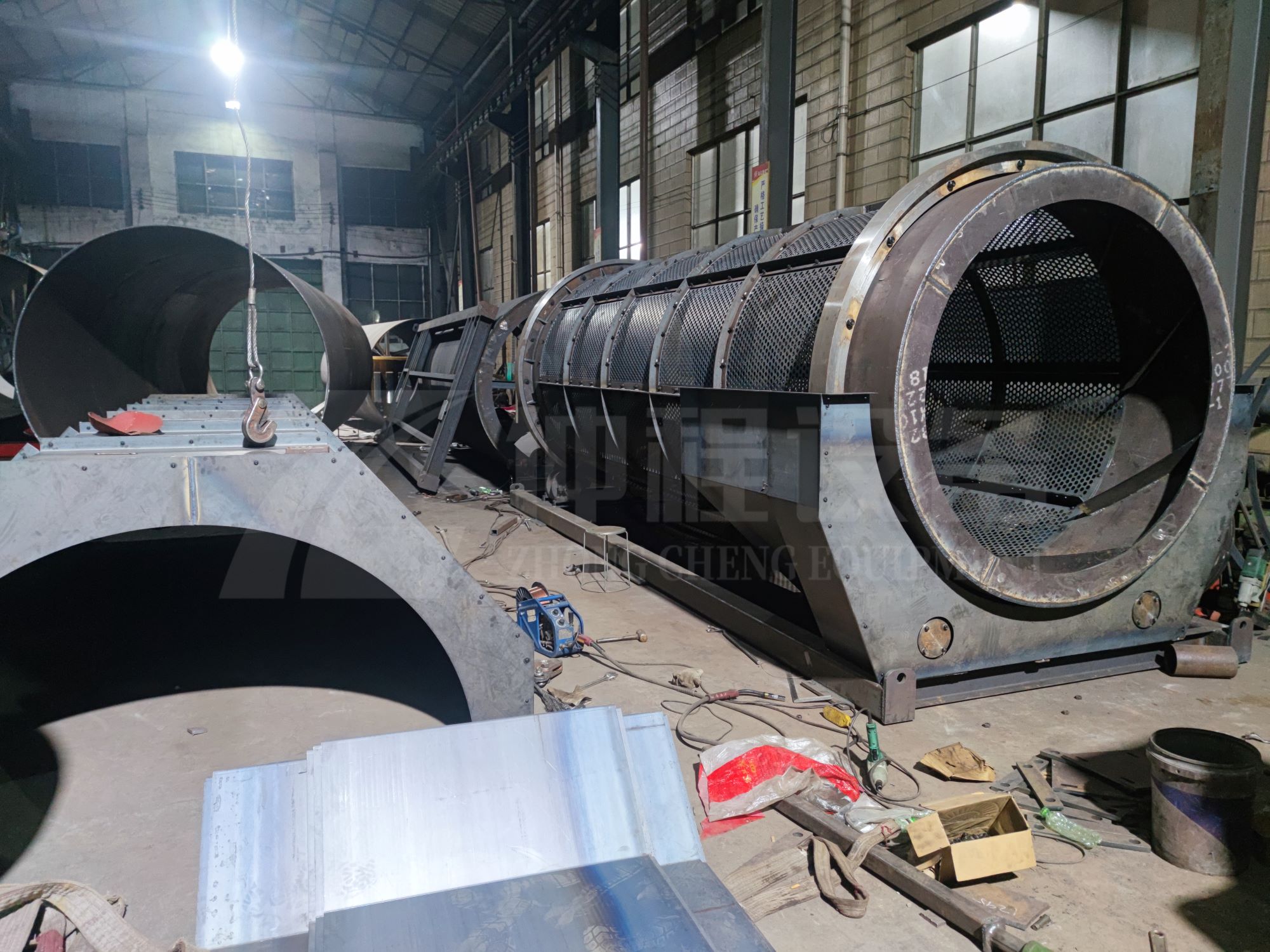
Working Principle of Trommel Screens
The operation of a trommel screen is relatively straightforward. Waste is fed into the rotating drum, either manually or via a conveyor system. As the drum rotates, the material is lifted and dropped continuously, allowing smaller particles to fall through the screen openings. Larger items are carried to the end of the drum, where they are either further processed or removed.
The size of the screen openings, the length and diameter of the drum, and the speed of rotation can all be adjusted to meet the specific requirements of the waste being processed. This flexibility allows trommel screens to be customized for different types of waste streams, from household waste to construction debris.
Applications of Trommel Screens in Municipal Waste Management
Trommel screens play a vital role in various stages of municipal waste management, including:
Pre-Sorting: Before waste can be recycled or disposed of, it must be sorted into different categories. Trommel screens are often used in the initial sorting phase to separate organic materials, such as food waste and yard trimmings, from inorganic materials like plastics, metals, and glass. This separation is essential for ensuring that each type of waste is processed appropriately.
Composting: Organic waste can be processed into compost, a valuable resource for agriculture and landscaping. Trommel screens are used to separate compostable materials from non-compostable items, ensuring that only the appropriate materials enter the composting process. This improves the quality of the compost and reduces contamination.
Landfill Operations: In landfill sites, trommel screens are used to separate different types of waste before burial. This can help in maximizing the efficiency of the landfill space and in reducing the environmental impact of the waste.
Recycling: Trommel screens are also employed in recycling facilities to sort recyclable materials by size. For instance, glass, plastics, and metals can be separated more effectively, leading to higher recycling rates and better-quality recycled products.
Advantages of Using Trommel Screens
The use of trommel screens in municipal waste management offers several advantages:
Efficiency: Trommel screens are highly efficient in separating materials based on size, which is crucial for the subsequent processing stages. Their ability to handle large volumes of waste quickly makes them ideal for use in busy waste processing facilities.
Versatility: Trommel screens can be used with a wide range of materials, from organic waste to construction debris. This versatility means that a single trommel screen can be used for multiple purposes, reducing the need for specialized equipment.
Low Maintenance: Compared to other types of screening equipment, trommel screens are relatively simple and require minimal maintenance. Their robust design and straightforward operation make them a cost-effective choice for waste management facilities.
Customization: The design of a trommel screen can be tailored to the specific needs of a waste processing facility. Variables such as screen size, drum length, and rotation speed can be adjusted to optimize performance for different types of waste.
Reduction of Environmental Impact: By improving the efficiency of waste separation and recycling processes, trommel screens contribute to reducing the environmental impact of municipal waste. They help divert waste from landfills, reduce greenhouse gas emissions, and conserve natural resources through recycling.
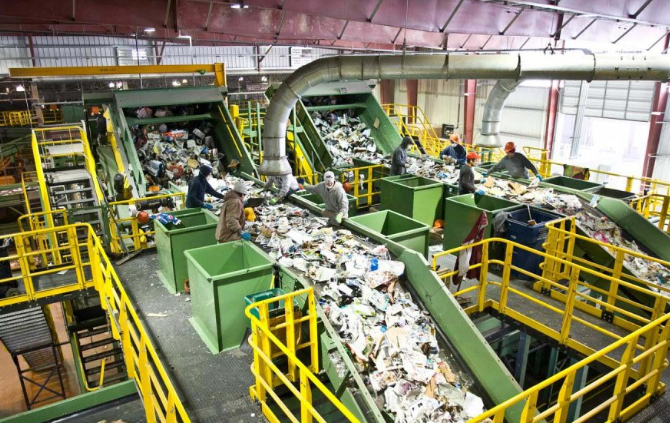
Challenges and Considerations
While trommel screens offer numerous benefits, there are also challenges and considerations that must be addressed:
Clogging and Wear: Trommel screens can become clogged with sticky or fibrous materials, such as wet organic waste or plastic films. This can reduce efficiency and increase maintenance requirements. Additionally, the screen can wear out over time, especially when processing abrasive materials.
Energy Consumption: The operation of trommel screens requires energy, and in large-scale facilities, this can represent a significant portion of the overall energy use. Efforts to reduce energy consumption, such as optimizing the rotation speed or using more efficient motors, are important for minimizing operational costs.
Space Requirements: Trommel screens are relatively large pieces of equipment, and their installation requires significant space. This can be a limitation in facilities where space is at a premium.
Noise and Dust: The operation of trommel screens can generate noise and dust, which may require mitigation measures, such as the installation of dust suppression systems or noise barriers, to minimize their impact on workers and nearby communities.
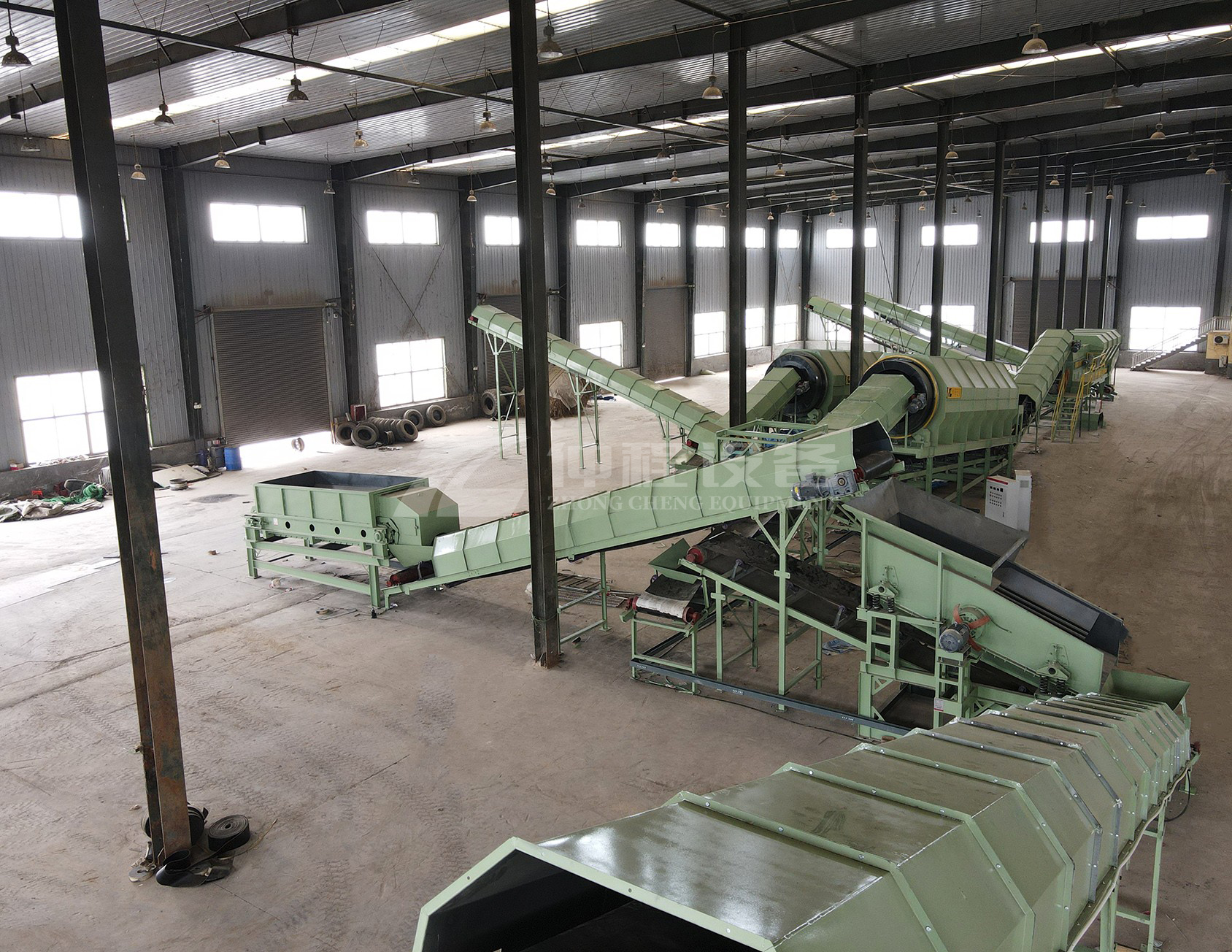
Conclusion
Trommel screens are a vital component of municipal waste management, providing an efficient and versatile solution for the separation and processing of waste materials. Their ability to handle a wide variety of waste streams makes them indispensable in the journey towards sustainable waste management. While challenges such as clogging, wear, and energy consumption must be addressed, the benefits of using trommel screens far outweigh these drawbacks. As waste management practices continue to evolve, trommel screens will undoubtedly play a crucial role in ensuring that waste is managed in an environmentally responsible and economically viable manner.
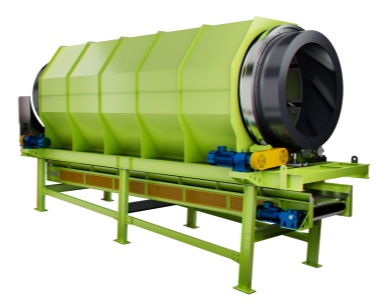 Trommel screenTrommel screen, also known as drum screens, are widely used in various industries for sorting and separating materials.Get Quote
Trommel screenTrommel screen, also known as drum screens, are widely used in various industries for sorting and separating materials.Get Quote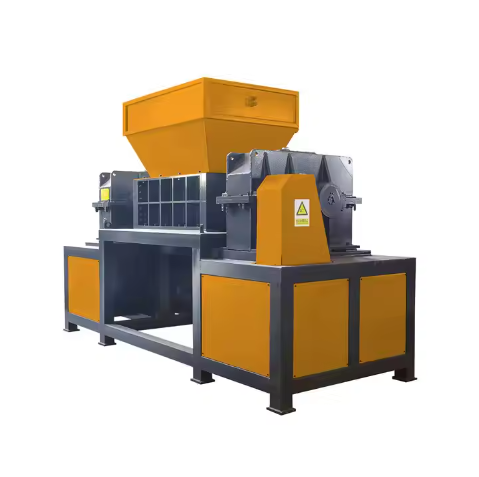 Crop straw double shaft shreddApplications:Biomass Energy Production: Shredded straw can be used as a feedstock for bioenergy plants to produce electricity or heat.Livestock Feed: Reduced-si...Get Quote
Crop straw double shaft shreddApplications:Biomass Energy Production: Shredded straw can be used as a feedstock for bioenergy plants to produce electricity or heat.Livestock Feed: Reduced-si...Get Quote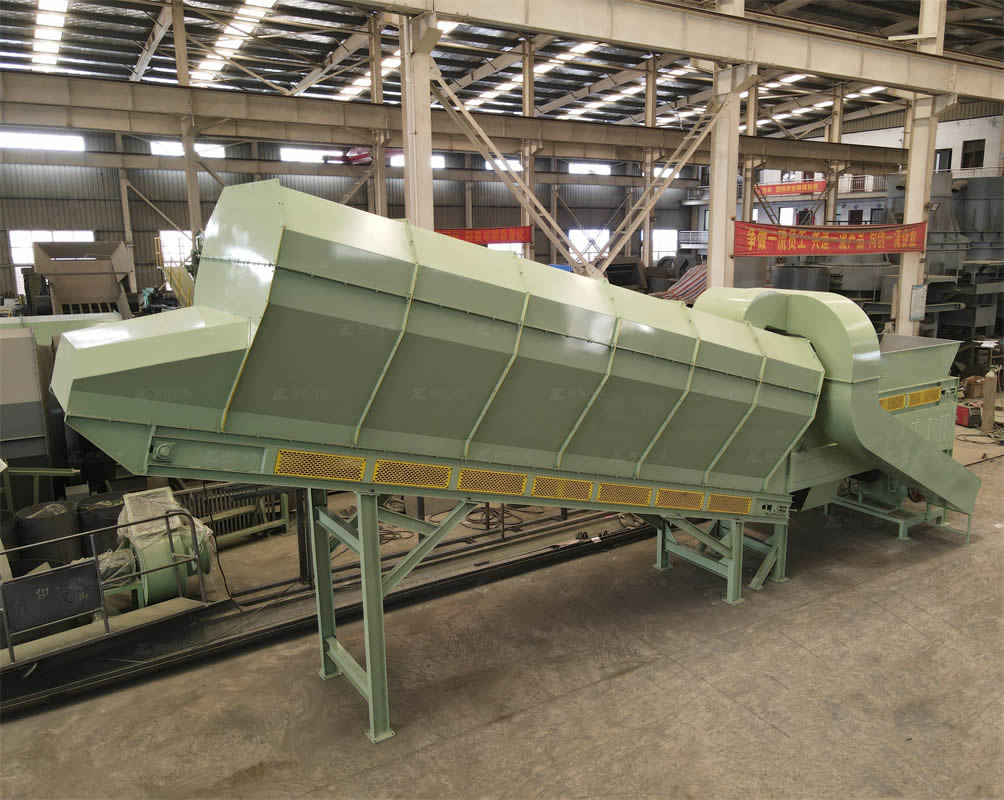 Zhongcheng Air Drum SeparatorAir drum separators effectively separate lightweight materials (e.g., plastics, paper) from heavier materials (e.g., metals, glass). This high efficiency is cru...Get Quote
Zhongcheng Air Drum SeparatorAir drum separators effectively separate lightweight materials (e.g., plastics, paper) from heavier materials (e.g., metals, glass). This high efficiency is cru...Get Quote





